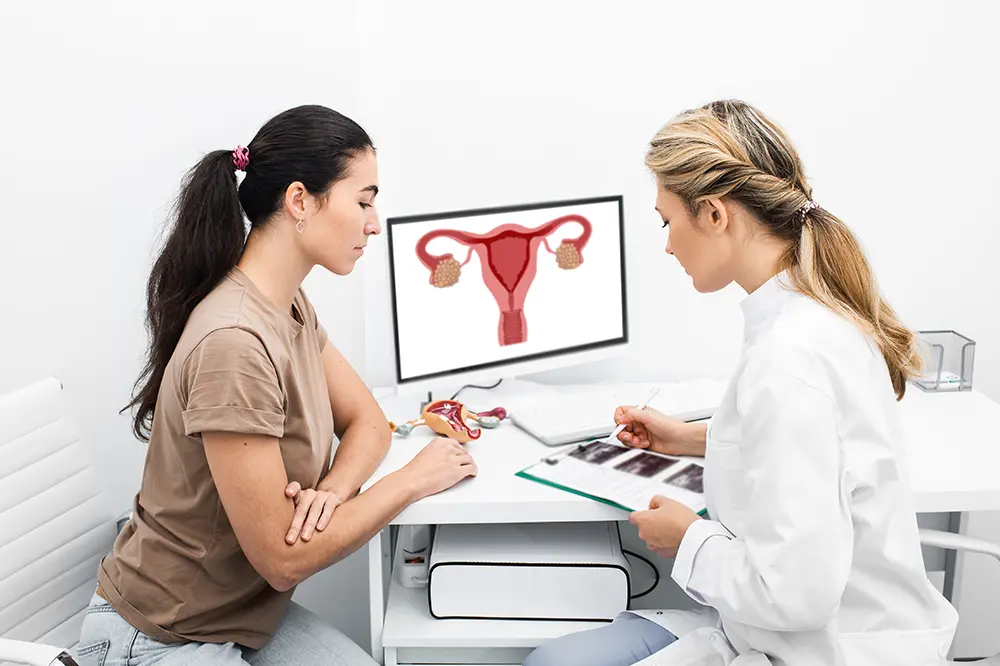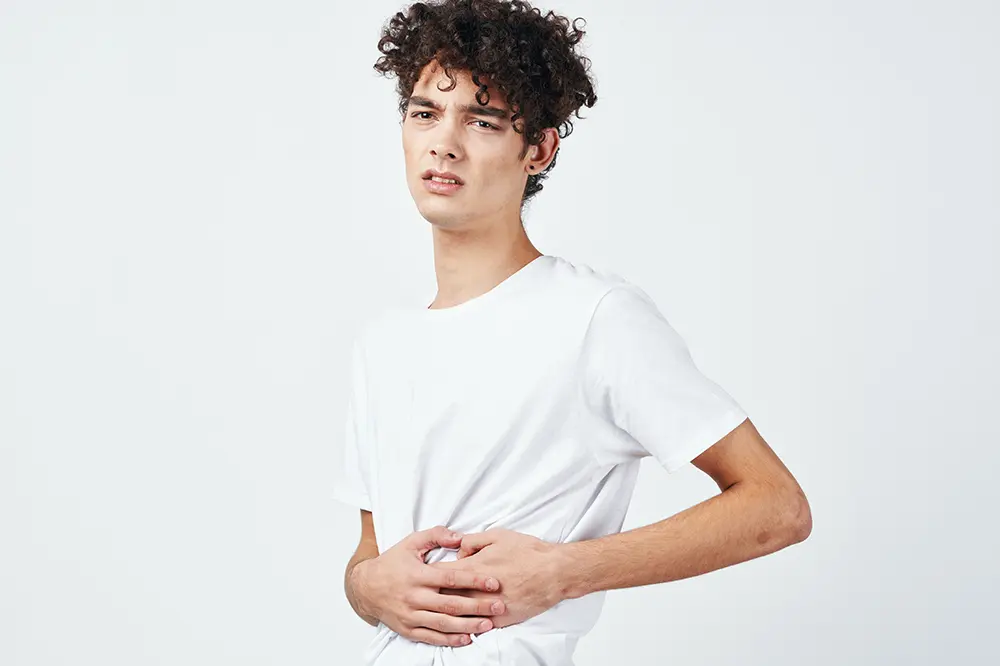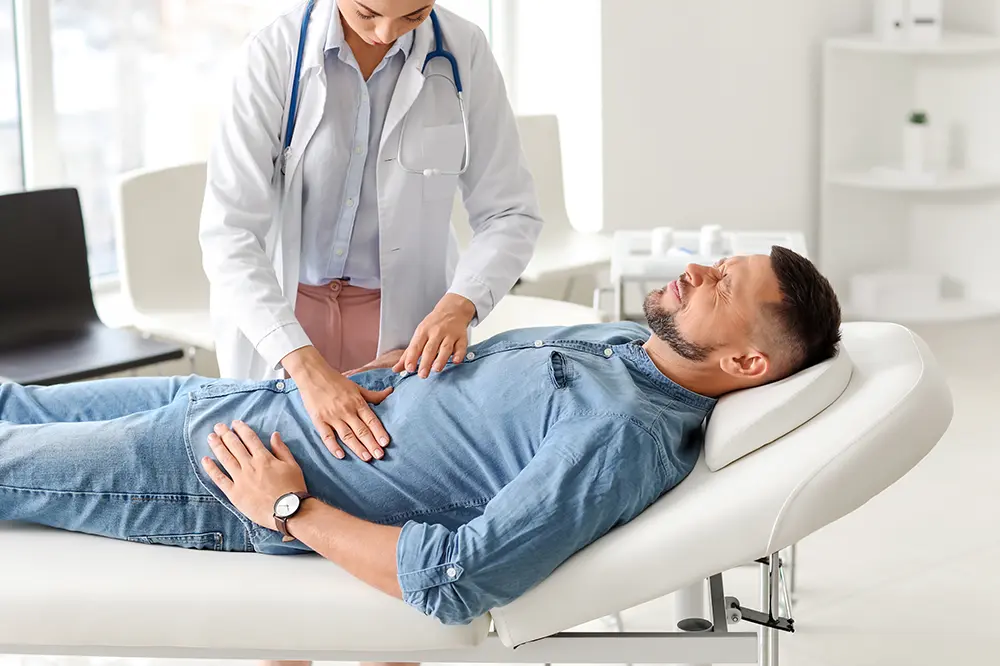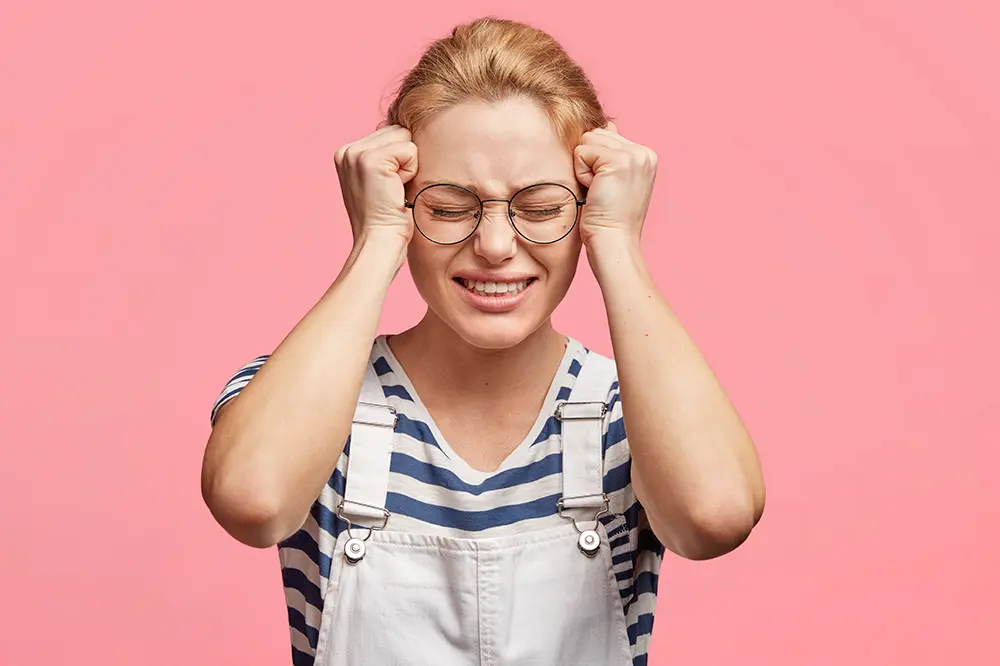What Are Ovarian Cysts and When Should We Consult a Specialist?

Every woman of reproductive age, meaning after puberty and before menopause, will develop cysts on her ovaries. These cysts differ in size, shape, and
What are hernias: types, symptoms and treatment methods

Hernias are conditions caused by sustained and continuous physical exertion, in particular. However, although hernias occur mainly as a result of sustained
Diet for People with Gallbladder Problems

The diet for gallbladder problems is intended for people diagnosed with various types of conditions, such as acute or chronic cholecystitis, gallstones,
Diet After Cholecystectomy: List of Foods Allowed After Gallbladder Surgery

Diet after cholecystectomy – what foods are allowed and which are prohibited after gallbladder removal surgery? This is one of the most common questions
Diet After Thyroidectomy: Recommended Foods and Recovery Guidelines

Thyroid surgery is a common procedure. Many people develop or will develop a thyroid condition during their lifetime. Surgical procedures at
Diet After Hemorrhoid Surgery

Recovery following hemorrhoid treatment or surgery generally lasts from one to six weeks, depending on the treatment method, severity of hemorrhoids, and number removed
Diet After Gastric Sleeve Surgery: What Can You Eat After Stomach Reduction Surgery?

Longitudinal gastrectomy, or the popularly known stomach reduction surgery, is a surgical procedure performed laparoscopically. The steps after surgery are very important for recovery and long-term
Hemorrhoid Prevention – What You Need to Know

Hemorrhoids are swollen veins in the anus similar to varicose veins. They can develop around the rectum (internal hemorrhoids) or under the skin around the anus (external hemorrhoids)
Hiatal Hernia – Causes, Diagnosis, Treatment, Complications

A hiatal hernia is the protrusion or turning of the upper part of the stomach into the chest cavity through the diaphragmatic (hiatal) opening that connects it to the abdominal cavity
What Is Stress Urinary Incontinence? Causes, Diagnosis, Treatment

Stress urinary incontinence is the involuntary loss (leakage) of urine that occurs during physical exertion: coughing, sneezing, bending over, sitting down, standing up
